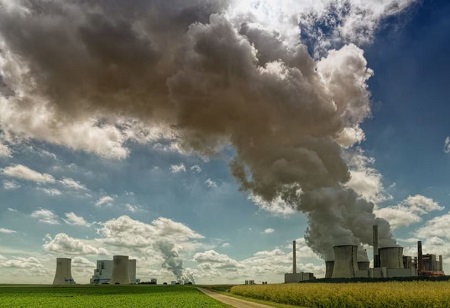
Policy interventions as well as investments needed across key sectors of power, transport, industry, and building and construction will soon be formed up by the Niti Aayog to help India in the green energy transition and to meet the national net-zero commitment by 2070.
India's requirement for technological advancements and financial investments across these sectors is being assessed, and projections for investments will soon be presented, which will form the basis for the future course of action, as stated by people familiar with the development.
Besides, the investment gap and the external investment support that will be needed by the country to fulfil its commitment will be pointed out. By 2030, India aims to develop 500 GW of non-fossil fuel energy, cut carbon dioxide emissions by 1 billion tonnes, lower carbon intensity below 45%, achieve net-zezro carbon emissions by 2021, and meet half of its energy needs from renewable sources.
"The NITI Aayog will develop pathways for meeting national commitments on net zero in a manner consistent with developmental goals (India becoming a developed economy by 2047)," said one of the persons, who did not wish to be identified, adding that the roadmap will also provide policy options needed for India to achieve net zero.
We use cookies to ensure you get the best experience on our website. Read more...